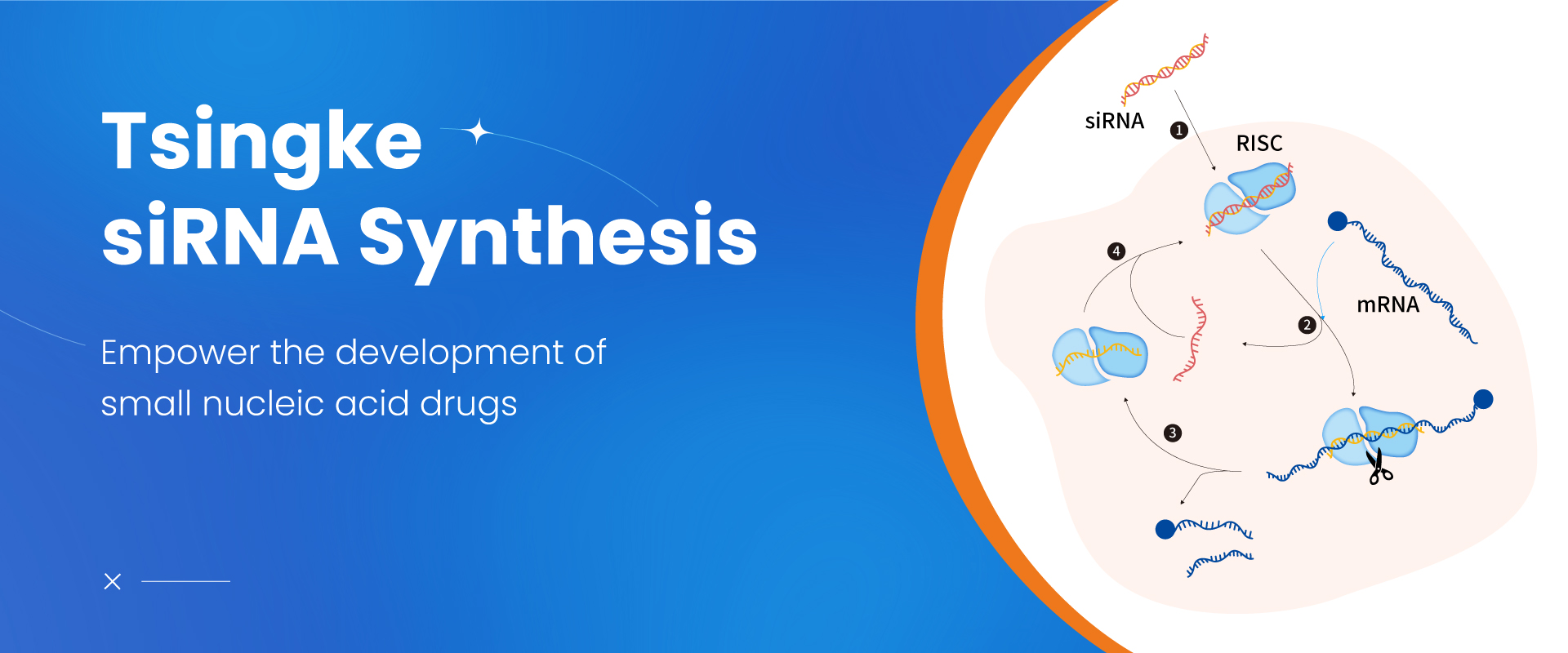
In recent years, the global market for dna synthesis has surged to an astonishing $4 billion, reflecting a growing demand for synthetic biology applications across various sectors. This rapid expansion raises critical questions about the legal and regulatory frameworks governing this technology.
Understanding DNA Synthesis and Its Regulatory Attributes

DNA synthesis refers to the artificial creation of nucleotide sequences that can be used in research, medicine, and biotechnology. The legal attributes surrounding DNA synthesis are multifaceted; they encompass intellectual property rights, bioethics considerations, and compliance with safety regulations. As we delve into mediation processes related to disputes arising from DNA synthesis practices, it becomes evident that these frameworks must adapt continuously to address emerging challenges while ensuring public safety and ethical standards.
Tsingke’s Role in Mediation Processes Related to DNA Synthesis
Tsingke is at the forefront of integrating mediation processes within the realm of DNA synthesis. By facilitating dialogue among stakeholders—including researchers, companies, and regulatory bodies—Tsingke aims to resolve conflicts efficiently while promoting innovation. Their approach emphasizes transparency and collaboration as essential components in navigating complex legal landscapes associated with synthetic biology.
Click single strand dna synthesis.The Characteristics of Single Strand DNA Synthesis in Mediation Processes
- Precision: Single strand DNA synthesis allows for highly accurate sequence generation which is crucial during mediations involving patent disputes or proprietary technologies.
- Simplicity: The straightforward nature of single strand production simplifies discussions around ownership rights and usage agreements between parties involved.
- Scalability: As demands increase for customized genetic materials through mediation efforts, single strand methods provide scalable solutions adaptable to varying project sizes.
- Crisis Management: In instances where conflicts arise over synthesized products’ applications or implications on health policies, single strand techniques offer quick resolutions due to their established protocols.
- Evolving Standards: Continuous advancements in single strand methodologies necessitate ongoing updates within mediation frameworks addressing new scientific findings or ethical dilemmas that may emerge.
A Concluding Perspective on DNA Synthesis Within Mediation Processes
The intersection of DNA synthesis technology with legal regulations presents both opportunities and challenges that require careful navigation through effective mediation processes. By understanding its unique characteristics—especially those pertaining to Tsingke’s initiatives—and recognizing how specific techniques like single strand synthesis influence dispute resolution strategies—we can better appreciate the evolving landscape shaped by this groundbreaking field. Ultimately, fostering a collaborative environment will be key in addressing future complexities inherent within synthetic biology law enforcement.
